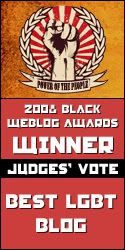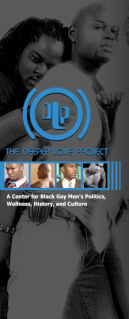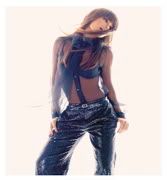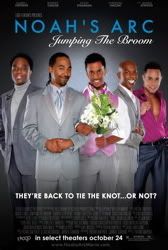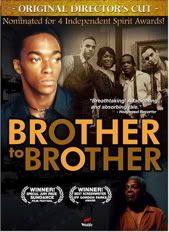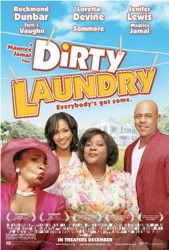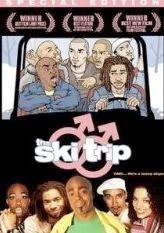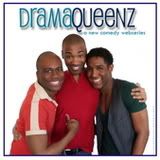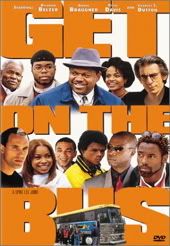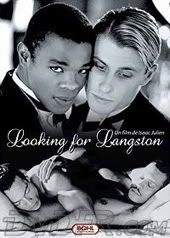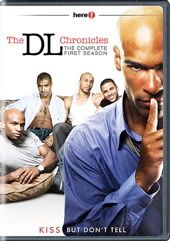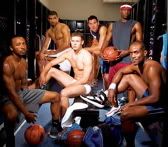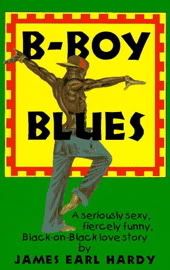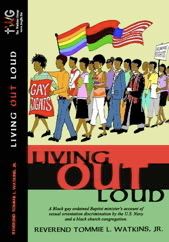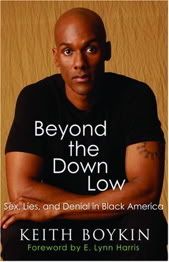ASU’s new LGBT (lesbian, gay, bisexual, transgender) student group, AMPLIFIED, drew an audience of nearly 200 students, faculty and community members to the John Garrick Hardy Student Center Theater on Thursday, Oct. 17, for a screening of the award-winning documentary “The New Black” by filmmaker Yoruba Richen. The hour-long documentary focuses on the 2012 fight for marriage equality for gay and lesbian couples in Maryland and “takes viewers into the pews, onto the streets, and provides a seat at the kitchen table as it looks at how the African-American community grapples with the issue of LGBT rights.” The film served as an opening for a much deeper discussion centering on issues impacting black LGBT students at ASU during the “Breaking The Silence” forum that immediately followed the film’s screening.
Atlanta activist Charles Stephens of The Counter Narrative Project, a media advocacy group working on behalf of black gay men, moderated the discussion. Panelists included Tori Sisson (HRC Alabama), Shante Wolfe-Sisson (Freelance Mixed Media Artist), Dr. Carlos Morrison (ASU communications professor and AMPLIFIED adviser), the Rev. Mashaun Simon (Columbia Theological Seminary), and ASU students Caleb Gumbs and Martell Raymond.
ASU is one of four Historically Black Colleges and Universities (HBCUs) awarded more than $4,000 in grant money through a partnership with Promised Land Films and The Human Rights Campaign, the largest organization in the nation dedicated to achieving full equality for LGBT Americans. AMPLIFIED president and founder, Darian Aaron, a senior communications major from Montgomery, believes that the group’s inaugural event, the impressive turnout and the willingness of ASU students to learn about the experiences of people who are unlike themselves is a major first step.
“So many people told me that the hostility aimed at people in the South and on ASU’s campus toward students who identify as LGBT would make it impossible for AMPLIFIED to exist and that our event wouldn’t be successful. I’m proud to say that we proved the naysayers wrong,” Aaron said. Aaron and other members of AMPLIFIED are working to make ASU’s campus more inclusive and welcoming for students who carry the weight of being a double minority: black and LGBT.
Discussion about religious opposition to visibility and equality for LGBT students at ASU and in society at large took center stage for much of the forum, as those who either opposed or supported LGBT rights made their voices heard. An exchange between a self-identified Christian male audience member who felt excluded by an audience survey that failed to list the term heterosexual, and Martell Raymond, a gender non-conforming ASU student, seemed to get to the heart of the issue for many.
“I’m glad you’re upset by the survey,” Raymond said. “What you’re feeling right now is what LGBT people have to deal with every day. We’re constantly being ‘othered’ and excluded and told we’re less than and we don’t deserve equality simply because of who we are.” Raymond’s comments were echoed by others in the audience such as Tori Sisson.
“In Alabama, there are no state protections from discrimination in employment and housing if you’re LGBT and no protections for students who are victims of anti-gay bullying. You can lose your livelihood in this state for simply being who you are,” Sisson said. Those who were opposed, due to religious convictions, to the visibility of LGBT people on and off campus stressed that in their disapproval, they still offered love.
“There’s a quote from ‘The New Black’ that says (the LGBT movement) is the unfinished business of black people being free,” Aaron said. “The ‘don’t ask, don’t tell’ policy in the black community and on campus regarding LGBT issues is being repealed, and it’s going to happen one conversation at a time. This is only the beginning for us at ASU.”












